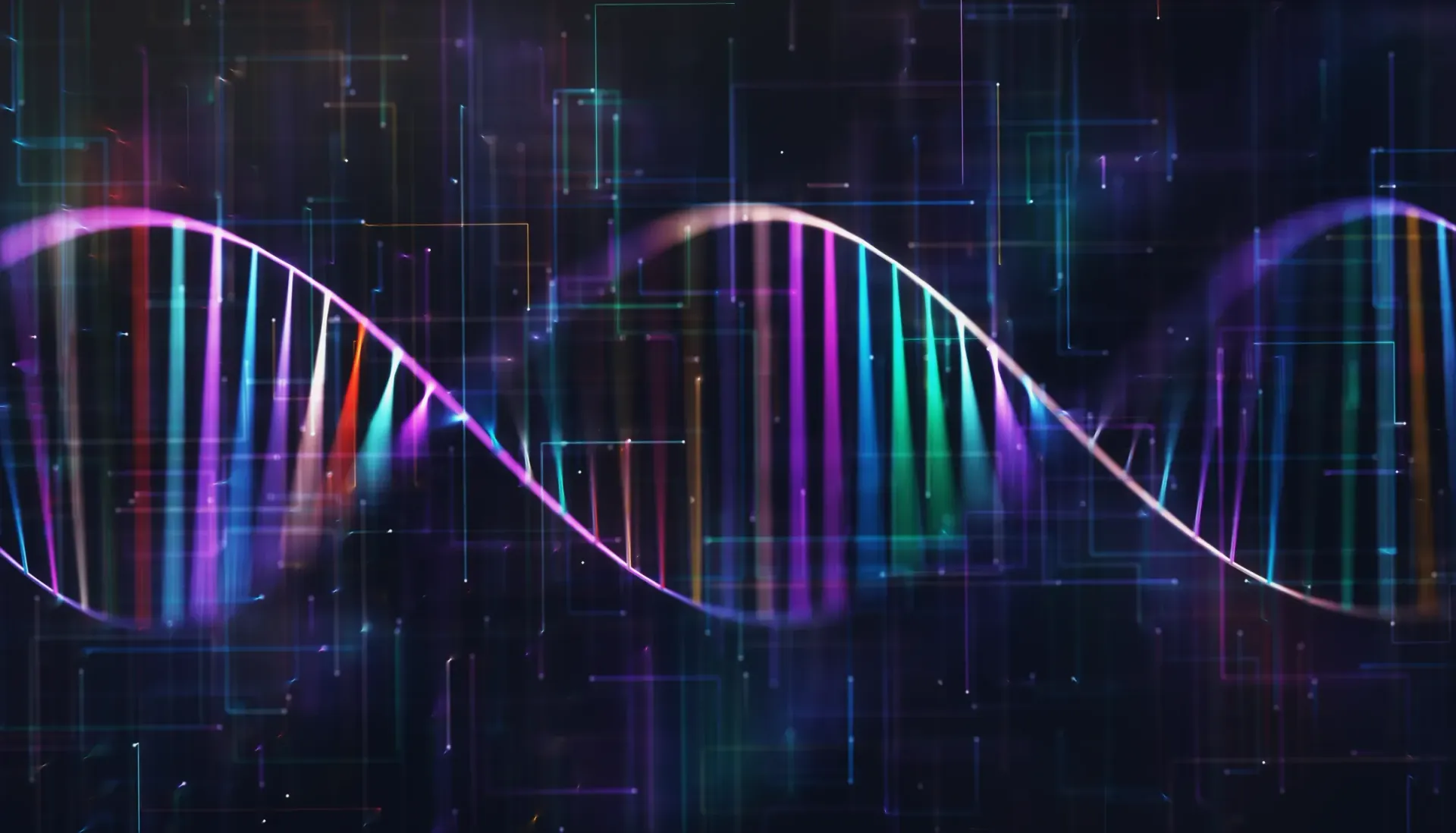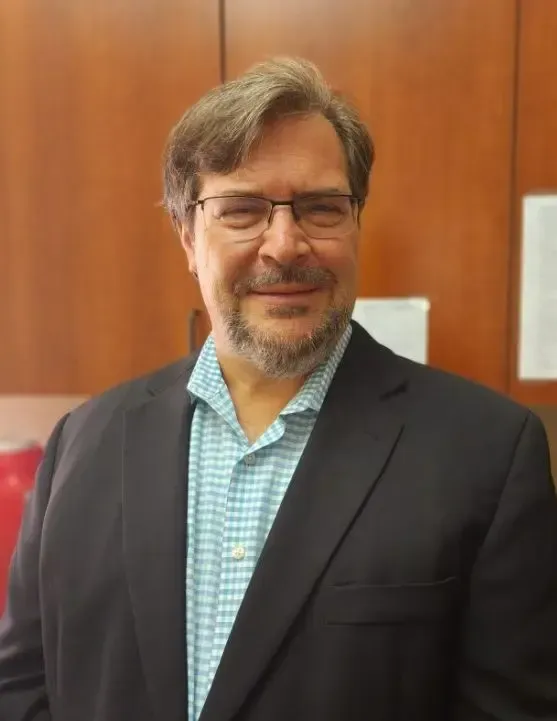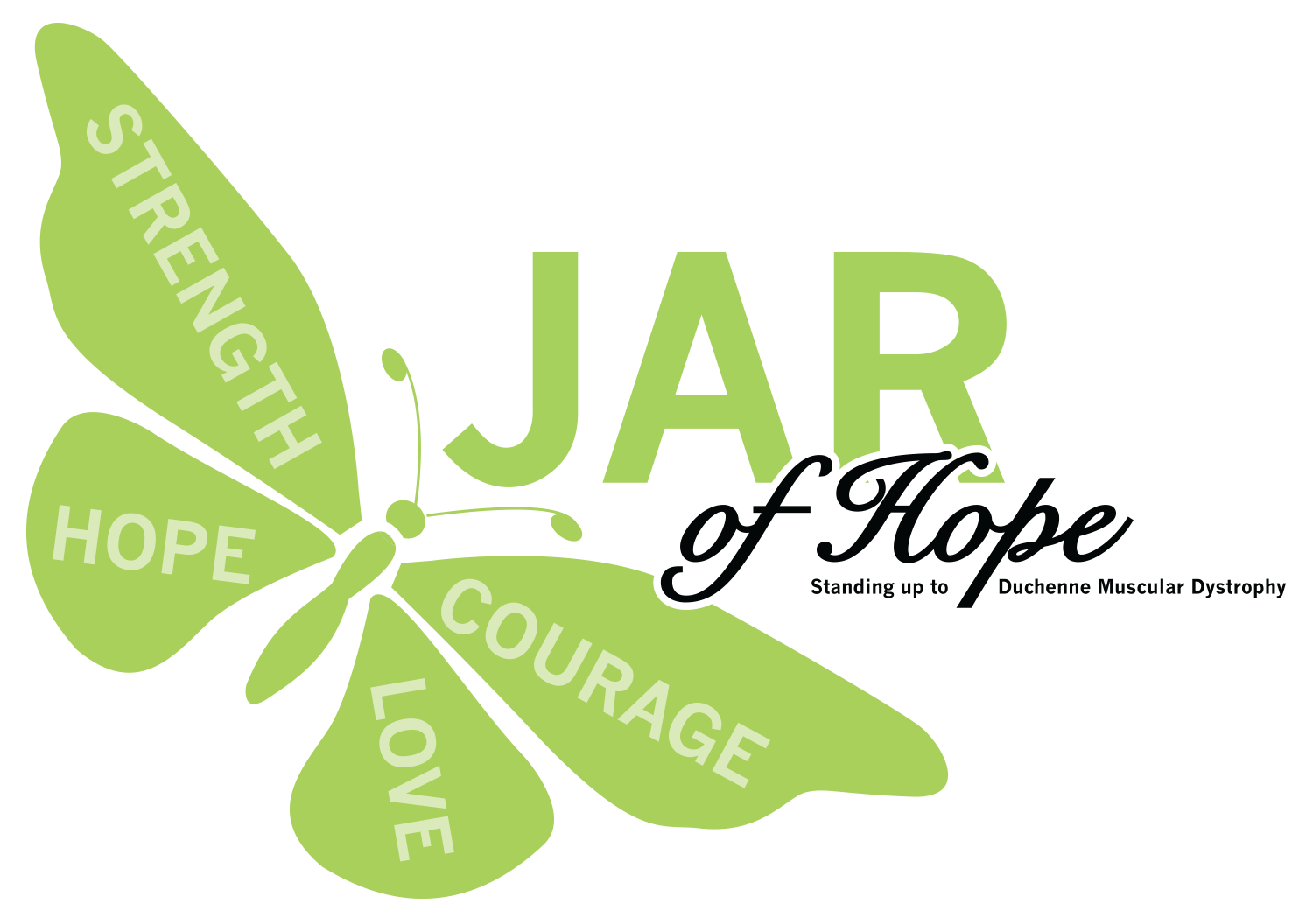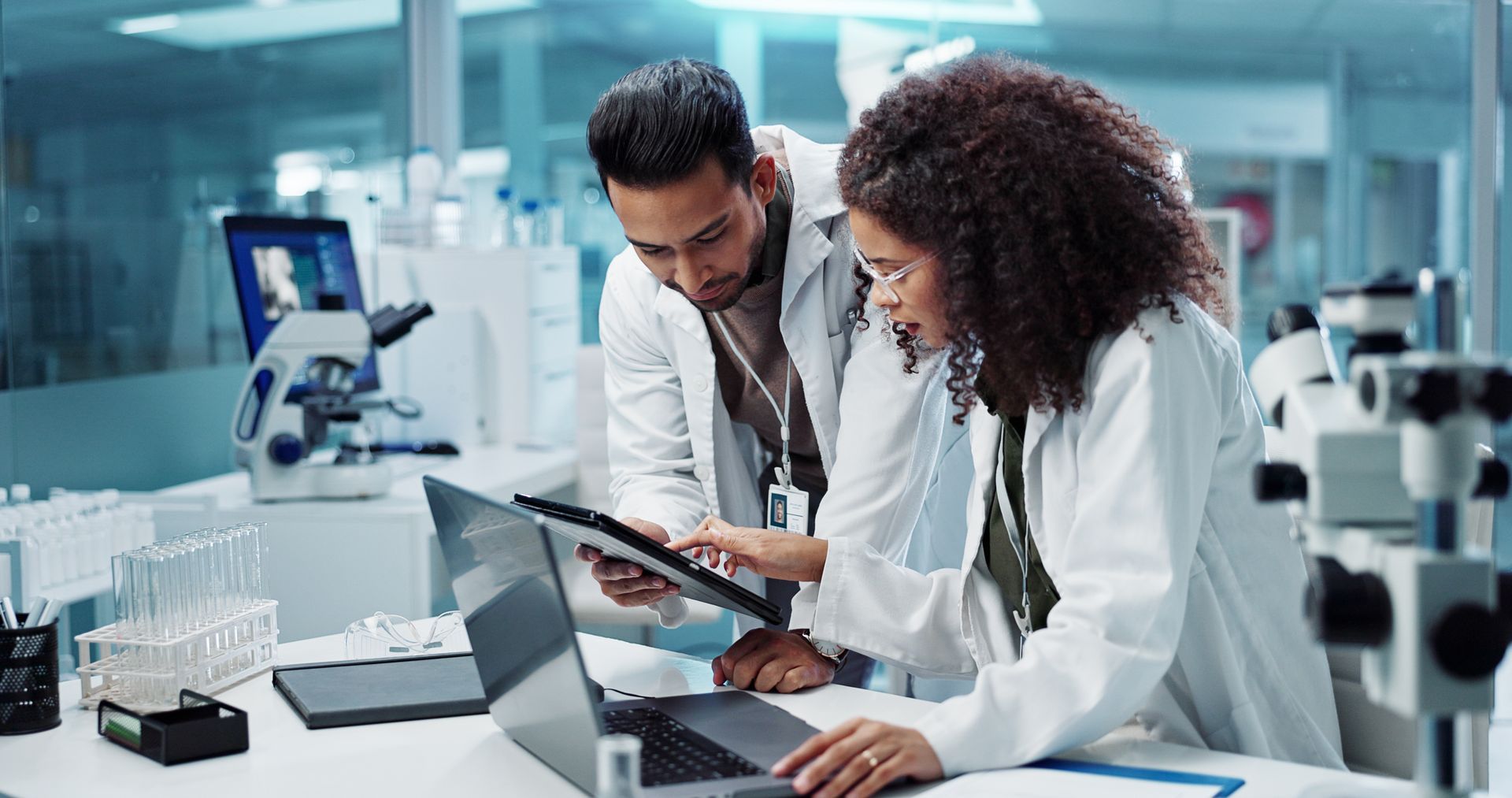Breakthroughs in Stem Cell Research: How Mesenchymal Stem Cells (MSCs) Combat Duchenne Muscular Dystrophy
Duchenne Muscular Dystrophy (DMD) is a devastating genetic disorder characterized by progressive muscle degeneration and weakness. Affecting approximately 1 in every 3,500 to 5,000 male births worldwide, DMD is caused by mutations in the dystrophin gene, leading to the absence of dystrophin, a crucial protein for muscle integrity. As research advances, mesenchymal stem cells (MSCs) have emerged as a promising therapeutic option, offering hope for those affected by this relentless disease.
Understanding MSCs
Mesenchymal stem cells are multipotent stromal cells capable of differentiating into various cell types, including muscle, bone, and cartilage cells. MSCs can be harvested from various sources, such as bone marrow, adipose tissue, and umbilical cord blood. Their unique properties, including immunomodulatory effects, trophic support, and differentiation potential, make them ideal candidates for regenerative medicine.
MSCs in the Fight Against DMD
1. Muscle Regeneration: MSCs have the ability to differentiate into muscle cells, potentially replacing damaged or missing dystrophin-expressing cells in DMD patients. This can lead to improved muscle function and slowed disease progression.
2. Anti-Inflammatory Effects: DMD is often accompanied by chronic inflammation, exacerbating muscle damage. MSCs secrete anti-inflammatory cytokines that can modulate the immune response, reducing inflammation and protecting muscle tissue from further damage.
3. Paracrine Signaling: Beyond cell replacement, MSCs secrete bioactive molecules that promote tissue repair and regeneration. These molecules can enhance the survival and function of existing muscle cells, support the formation of new blood vessels, and stimulate endogenous repair mechanisms.
Clinical Trials and Promising Results
Several clinical trials are underway to evaluate the safety and efficacy of MSC-based therapies for DMD. Early-phase trials have shown promising results, with patients exhibiting improved muscle strength, reduced fibrosis, and enhanced quality of life. Researchers are also exploring various delivery methods, such as systemic infusion and direct intramuscular injection, to optimize the therapeutic effects of MSCs.
Challenges and Future Directions
While MSC therapy holds significant promise, several challenges remain. These include ensuring consistent and scalable cell production, preventing immune rejection, and maximizing the cells' engraftment and survival in the hostile environment of dystrophic muscle. Ongoing research aims to address these hurdles, with advancements in genetic engineering, biomaterials, and combination therapies enhancing the potential of MSCs to treat DMD.
Conclusion
The application of mesenchymal stem cells in the treatment of Duchenne Muscular Dystrophy represents a beacon of hope for patients and families affected by this debilitating condition. With continued research and clinical development, MSCs have the potential to transform the landscape of DMD therapy, offering a new avenue for muscle regeneration and improved patient outcomes. The scientific community remains steadfast in its commitment to unlocking the full potential of MSCs, moving closer to a future where Duchenne Muscular Dystrophy is no longer a life-limiting diagnosis.

